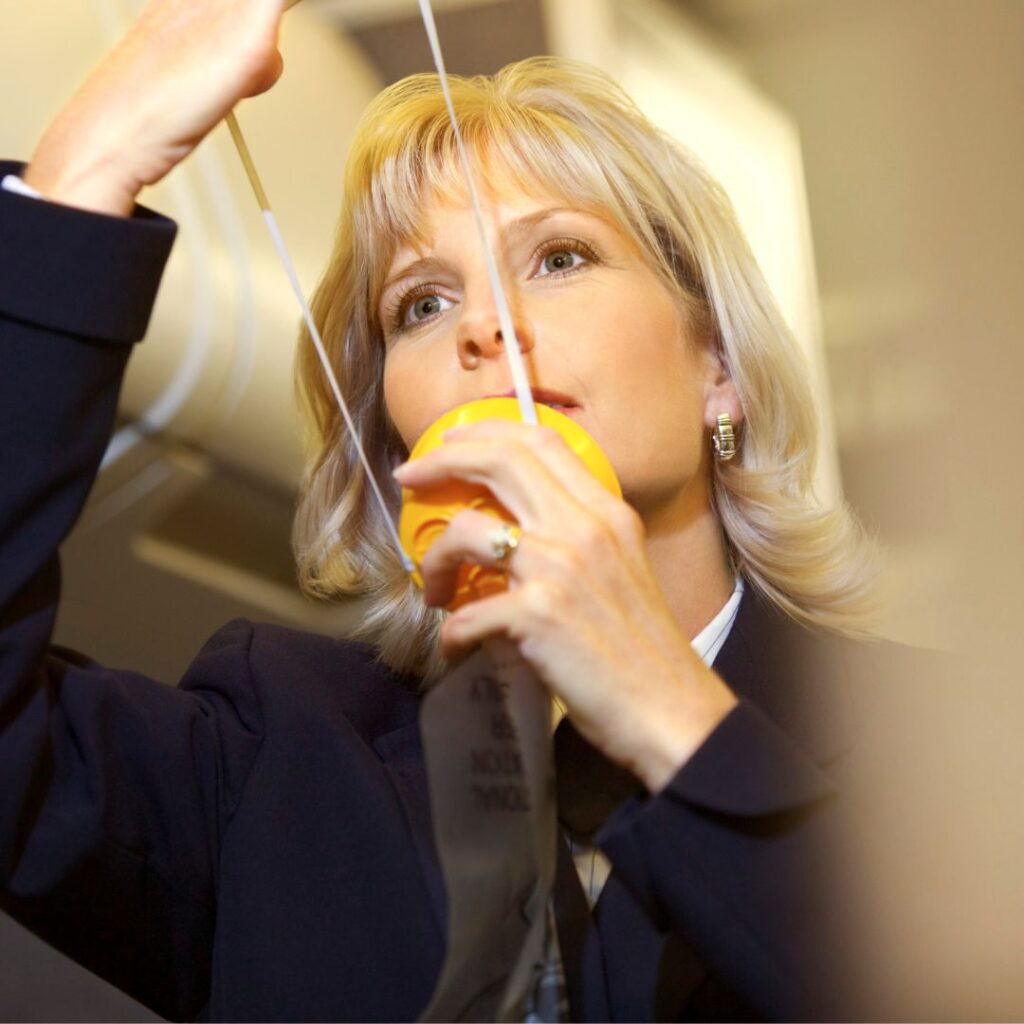So tell me, if you are at the doctor’s office and your doctor said that you need to take a week and rest completely. What thoughts would come to mind? Would you embrace the advice? Lean into the work of rest?

Would you list all the reasons why you couldn’t? You don’t understand, doc. I’ve got responsibilities. I’ve got people who rely on me or maybe it’s just not who I am.
Is it possible that one of the reasons why you’re in the doctor’s office is because you put everybody else’s needs real and perceived ahead of your own? Are you addicted to being the responsible one? That used to be me.
One of the great travesties of the culture that we’ve created is that unless something qualifies as being really serious, it’s not ok to rest. Coming into work when you’re sick or if you’re thinking of your workmates working from home when you’re sick. It’s seen as some sort of heroic endeavour, but the act of recovering is the work. It’s not something that happens after or around your day job.
have An athlete’s mindset
Athletes understand the power of recovery. They build it into their training schedules. They understand the direct correlation between peak performance and personal bests and recovery, whether that be in the form of active recovery, tapering, changing the training environment or a full-on mind and body immersion experience.

Tell me, what would your energy be like if you applied those best practise principles used by athletes? What if rest and recovery were built into your schedule?
Not as something you’ll do if you have a spare moment at the time that it pops up in your calendar, but, it’s something that you’re committed to because it also matters.
But I’m not an athlete. I hear you say, well, here’s the thing. Managing your team is the equivalent of an Olympic sport. Great managers have enough gas in the tank to be present, have courageous conversations and practise leadership in the moment.
They show up, and they perform to the best of their ability, even when they don’t feel like it. And there are other things going on. So are you sounding a bit more like a professional athlete? So what is it that makes it not ok to rest and recover? Why do we call ourselves lazy when we do show up for ourselves?
Role modelling the way
Often as managers, our team culture reflects our own. So how often do you have the rest and recovery conversation with your team? Wondering how you’d even begin to do that? Don’t worry, I’ve got you covered. This one is more about role modelling the way than sending an email with a pretty pdf attached.
Remember when we talked about how athletes build in recovery by training in different environments? Here’s how to adapt the different environments to corporate life. So the research shows that we’re more focused and have greater cognitive function after we’ve taken a walk. Research also shows that being in nature helps us to decompress.
Now this doesn’t need to be as extreme as a team hike, although that would be fun.

It can be as easy as introducing walking meetings. If possible, taking those meetings through the park along the river or along the beach to bring in that sense of being in nature, but even just the act of walking is a bonus.
So if you notice one of your team is up against it, they are looking a bit stressed. They need a bit of space, so encourage them to take a walk. Even better, when you’re up against it, share that with your team and let them know that you’re going for a 20-minute walk. You see your team and the teams around you. Well, they notice how you’re being and role modelling the way is an important agent for change that creates a sense of familiarity and safety to those with the ringside seat.
So tell me, what do you do when a member of your team calls in sick and says that they’ll work from home? Or maybe they tell you that they’ll be back tomorrow when actually they sound pretty terrible. While it might be easier or more convenient to affirm their intention, if you’re really serious about the importance of rest and recovery, the conversation will be focused on what can I take off your plate so that you don’t feel like you have to be back at work?
This one is a lot easier if you’ve thought through your resilience plan ahead of time, so that you have a way forward that’s already predetermined. Take this time to remind them that it’s not just ok to prioritise their recovery, it’s actually expected of them and be prepared to hold the line so that they don’t return before they’re fully recovered.
Communication over the foundation of trust
Communication over the foundation of trust is crucial in this situation, so refer back to our previous episodes on building trust. Creating anxiety because they don’t understand why you don’t want them back at work just yet or they don’t believe you when you explain why they need a couple more days at home. It lowers immunity, and it affects our health and well-being.

So just as we’re reminded to put our own oxygen mask on first in the event of an emergency, affirming to your team that rest and recovery matters. Well, it starts with you. Prioritise your rest and recovery.
Talk about it. Start the working week with what you and each member of your team did on the weekend to rest, recover and energise. Manager’s role model leaders, role model with intention, giving yourself and by extension your team permission to prioritise rest. Well, this is the greatest gift for their health and for yours.

